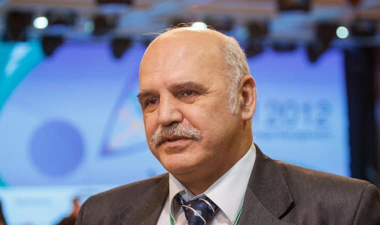Russia remains in ITER: Rosatom outlines the reasons.
From November 27 to 29, the IV Congress of Young Scientists took place in the urban settlement of Sirius (federal territory), attracting seven thousand participants from 40 countries. Among other topics, discussions were held regarding the future of nuclear and thermonuclear energy. Specifically, the involvement of Russia in the ITER project, the International Thermonuclear Experimental Reactor, was addressed. Construction has been ongoing since 2010, with the first plasma expected to be achieved at the tokamak by 2025, according to optimistic projections.
Representatives from Rosatom highlighted that Russia plays a crucial role in supplying the most powerful superconducting magnetic coils ever created for tokamaks, as well as gyrotrons with exceptionally high specifications, which European developers have attempted to produce independently but have not succeeded.
A correspondent from Naked Science, present at the discussion, raised a question regarding whether the known issues that have arisen since 2022 could lead to Russia being pushed out of the ITER project, similar to what happened with our scientists at CERN, the European project working with the Large Hadron Collider?
Anatoly Krasilnikov, director of the ITER Center at the state corporation Rosatom, provided a detailed response. He began by stating that it was Russia that invited everyone to the ITER project, rather than being invited itself, as was the case with CERN. The equipment supplied by Russia plays a vital role in ensuring the operability of the thermonuclear reactor, making such exclusion unlikely even from a technical standpoint.

This exclusion is also not evident from a legal perspective. The agreements between the ITER member countries are structured such that only the participating country itself can withdraw from the project. The United States has even exercised this right, but after some time realized that they could not build a reactor of this scale on their own and returned to the project. Thus, from a legal standpoint, Russia's exclusion is not provided for.
Furthermore, Anatoly Krasilnikov reminded that it was in Russia that the tokamak reactor type was developed, with ITER being yet another variant, and "people remember this."
It is worth noting that alongside the ITER work, our country is also designing its own thermonuclear reactor, TRT. While following the same overall tokamak scheme, it will be significantly more compact (just a few meters in diameter). Its commissioning is planned in Troitsk by 2034. Increased compactness will be achieved through new technical solutions, including a different material for the superconducting coils than what Russia supplies for ITER.